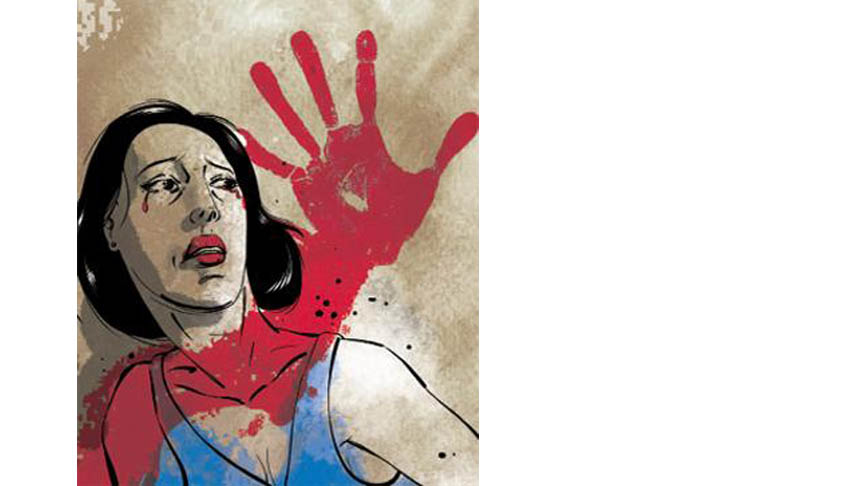From #MeToo to #HeToo
 I’m heading back to the land of the imperiled white male. America.
I’m heading back to the land of the imperiled white male. America.
Country of the white man in peril, or so Donald Trump tells it.
As Republican senators prepare to vote – possibly ‘yes’ – to Mr Trump’s Supreme Court nominee Brett Kavanaugh, what rings in the ears of Americans is the president launching #HeToo. The antidote to #MeToo. The riposte to women claiming special consideration for allegations of sexual assault and harassment.
At a rally in Southaven, Mississippi, Mr Trump mocked Christine Blasey Ford’s testimony before the Senate Judiciary Committee and suggested it was a time of great peril for men. Often, he said, they can be accused of sexual misconduct without being guilty as charged.
#MeToo, Mr Trump appeared to say, is not as wholesome as it is portrayed.
So, what happens next? Everyone’s riled up. Everyone’s picking silos and bunkers.
But really, a war of the sexes is a dismal prospect. Women cannot do without men. Men are their husbands, fathers, brothers and sons. Men cannot do without women. They are their wives, mothers, sisters and daughters.
We have to find a better way than fighting about gender anger and entitlement.
In the 18th century, English philosopher Mary Wollstonecraft declared in A Vindication of the Rights of Woman, “I do not wish [women] to have power over men; but over themselves.” She called for “a revolution in female manners”, one that would overthrow an iniquitous system of socialisation that prevented women from standing up and speaking alongside men as moral equals.
Wollstonecraft offers useful lessons for us today. Rather than gender animosity, it is far better for wise men, in the truest sense of the term, to assess the just and virtuous way forward. Meanwhile, farsighted women must work alongside them without anger, self-pity or a sense of entitlement. In other words, in the #MeToo age, women should not become that from which they seek to liberate themselves.

